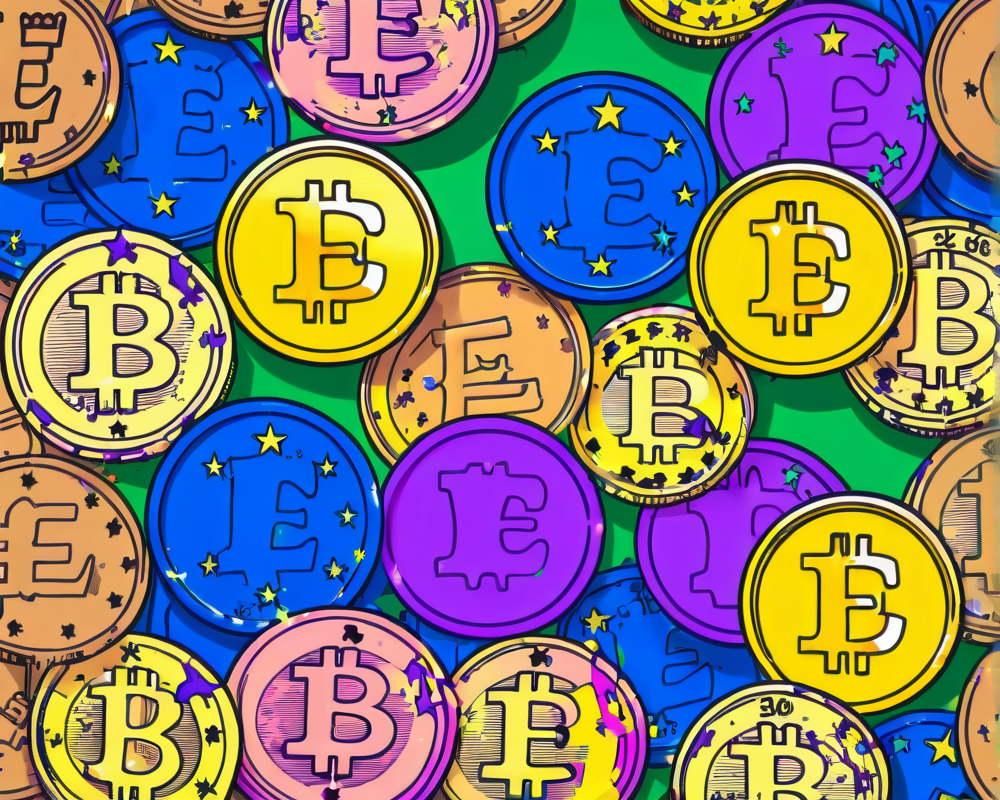Overview of the EtherDelta Hack
In a significant move to address cybercrime in the cryptocurrency world, the United States attorney’s office for the Northern District of California has indicted two individuals, Elliot Gunton and Anthony Tyler Nashatka. The duo is facing serious charges for their involvement in the hacking of EtherDelta in December 2017, a platform known for trading Ethereum (ETH) ERC-20 tokens.
The Deceptive Scheme
Documents filed in court reveal that Gunton and Nashatka executed a cunning plan by manipulating EtherDelta’s domain name system. This allowed them to trick unsuspecting users into revealing sensitive information such as their crypto addresses and private keys. Once they had this access, they could tap into user funds at will.
Accessing the Backend
How did these tech-savvy criminals pull this off? By using the phone number of an EtherDelta employee, they gained access to the employee’s email account. This shady tactic provided them the keys to the kingdom—er, domain—and allowed them to reroute traffic from the legitimate EtherDelta site to a fake clone that looked almost identical.
The Fake Website Incident
When users visited this counterfeit site, they unwittingly exposed their private keys. In the wild west of crypto trading, such blunders can lead to severe financial consequences. One EtherDelta user reportedly lost a staggering $800,000 due to this scheme; meanwhile, the total amount stolen remains undisclosed as per the court documents.
Broader Implications and Ongoing Investigations
But wait, there’s more. Reports have emerged that Chinese police are also investigating EtherDelta for its potential links to an apparent exit scam. Such developments add layers to the already complex narrative surrounding the platform and highlight the inherent risks in the unregulated world of cryptocurrencies.
Takeaway: Stay Vigilant
This case serves as a wake-up call for cryptocurrency traders. Whether you’re a seasoned professional or just dipping your toes into the crypto waters, always be cautious. Be sure to double-check URLs and never share your private keys—because in the world of digital currency, ignorance is not bliss; it can lead to empty wallets.




